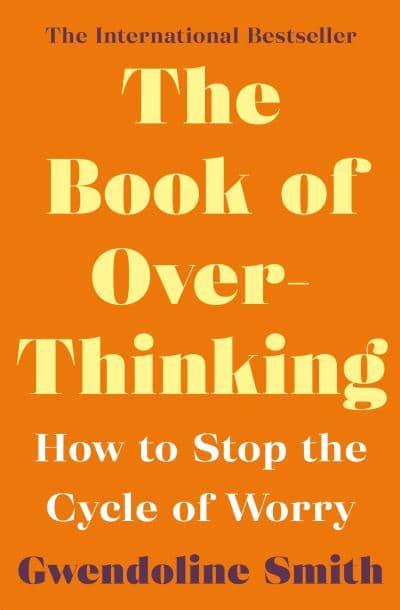Here’s the thing about meditation: We all want the benefits—it can ease symptoms of depression, promote better sleep, and lessen chronic pain—but settling down to mindfully meditate can take a gargantuan amount of effort for something that’s supposed to be so simple. But new research from Michigan Technological University might be the push you need to get zen: Just one introductory meditation session can zap anxiety and stress.
In the small study, which will be presented at the 2018 Experimental Biology meeting in San Diego, CA, researchers recruited 14 men and women with high anxiety but normal blood pressure. They analyzed participants’ heart rate, blood pressure, aortic blood pressure, and arterial stiffness (all factors related to cardiovascular health) before and after an hour-long guided introductory meditation session. The session worked participants through focused breathing and mindfulness.
“Our results show a clear reduction in anxiety in the first hour after the meditation session, and our preliminary results suggest that anxiety was significantly lower one week after the meditation session,” lead study author John J. Durocher, Ph.D., said in a press release. “Participants also had reduced mechanical stress on their arteries an hour after the session. This could help to reduce stress on organs like the brain and kidneys and help prevent conditions such as high blood pressure.”
The psychological and physiological benefits were even greater for those who continued to use mindfulness. They were able to lower their anxiety scores even more one week later, which indicates meditation can improve the efficacy of anti-anxiety programs and therapies.
“This study is different because we examined the effect of a single mindfulness meditation session on anxiety and cardiovascular outcomes, while other studies have examined the effect of several days or weeks of mindfulness meditation,” Durocher said. “The results suggest that a single mindfulness meditation session may help to reduce cardiovascular risk in those with moderate anxiety.”
This is pertinent now more than ever because about 40 million adults in the United States—about 18 percent of the population—suffer from anxiety, according to the Anxiety and Depression Association of America.
And anxiety can be a risk factor for cardiovascular disease, because distressing life events, job strain, depression, and short- and long-term anxiety can cause arterial stiffness (a predictor of cardiovascular disease), high blood pressure, and even damage to various organs.
By Brittany Smith
Source: www.mensjournal.com






Leave A Comment
You must be logged in to post a comment.